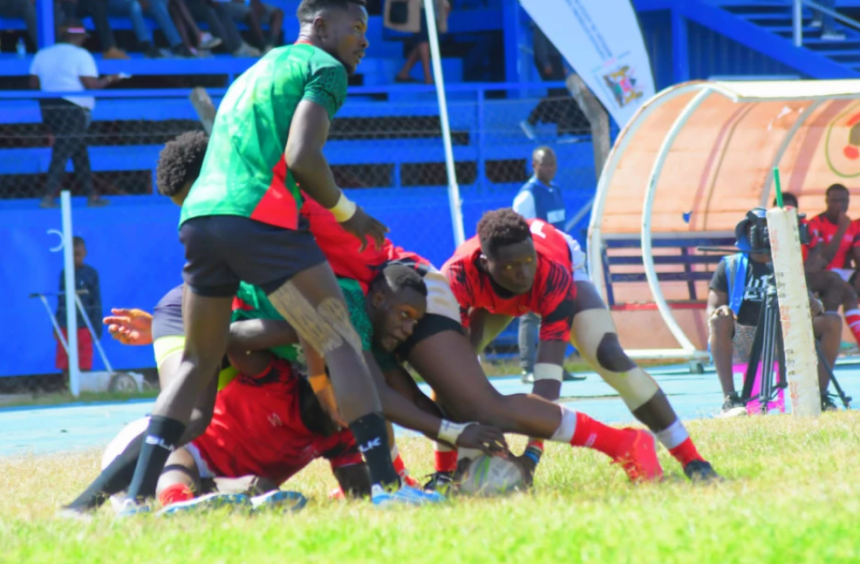The Safari 7s, once the crown jewel of Kenya’s rugby scene, has experienced a significant decline from its former glory. Renowned for attracting large crowds to the Moi International Sports Centre, Kasarani, and Nyayo National Stadium in Nairobi, it was an essential event that united the rugby-loving nation. However, the recently concluded 2024 edition painted a starkly different picture.
For the first time, the tournament was held in Machakos County, and the excitement that once filled the stadiums was notably absent. The decision to move the event from the national capital to Kenyatta Stadium in Machakos elicited mixed reactions from rugby fans and pundits. Some viewed it as an effort to bring the sport closer to fans in other regions, while others questioned the timing and strategy behind the move.
“Almost empty stands at the 2024 #Safari7s. It would have made more sense to grow the event in Nairobi first before taking it to Machakos to ‘grow the game.’ Forget about it being a warm-up for the Series—Europe loves 7s in summer, from May to August. Change the dates,” commented X user Koyokoyo.
Former Kenya 7s star Denis Ombachi shared similar sentiments: “Taking #Safari7s to Machakos was a wrong idea. Good intentions but bad timing. When things get tough, you go back home where you’re loved to regroup. It’s not looking good in the stands, despite some good rugby being played,” he stated on X.
The turnout was indeed disappointing. From Friday through Saturday, the stands remained largely empty, a stark contrast to the roaring crowds that once defined the Safari 7s. By Sunday, organizers resorted to allowing university students free entry in a bid to fill the seats. Despite this effort, the stadium was far from full, underscoring the tournament’s declining appeal.
Fans raised concerns about high ticket prices, especially in light of the tough economic climate. Regular tickets were priced at Ksh 500, while VIP tickets cost Ksh 1,000—fees many deemed unreasonable for an event that traditionally catered to a broad audience.
“The ticket prices are too high in this economy. The union could have opted for more pocket-friendly rates, like Ksh 300, and focused on proper marketing,” said a fan named Athman in a post-tournament interview with Citizen Digital.
Many suggested that lowering ticket prices or offering promotions, combined with better marketing by the Kenya Rugby Union, might have attracted larger crowds and reignited the excitement that once surrounded the tournament.
Despite the underwhelming attendance, the Kenyan national sevens team, Shujaa, continued to excel on the field. They secured their third consecutive Safari 7s title with a hard-fought 12-0 win over Shogun Rugby, replicating their 2023 victory against the same team, formerly known as Samurai, with a 19-0 scoreline. This treble marked Shujaa’s first three-peat since their consecutive wins from 2008 to 2010.
However, Shujaa’s success was overshadowed by the subdued atmosphere. The passionate cheers and chants that once echoed through Nairobi were replaced by a quieter crowd, making the tournament feel like a shadow of its former self.
In the women’s category, Spain’s Costa Blanca Barbarians were crowned the 2024 Safari 7s champions after a 24-10 victory over Kenya’s Lionesses. Meanwhile, Kinale Girls High School triumphed in the under-18 girls’ category.
While the quality of rugby remains high, the future of Safari 7s as a marquee event hangs in the balance, as organizers grapple with dwindling fan engagement and logistical challenges.



